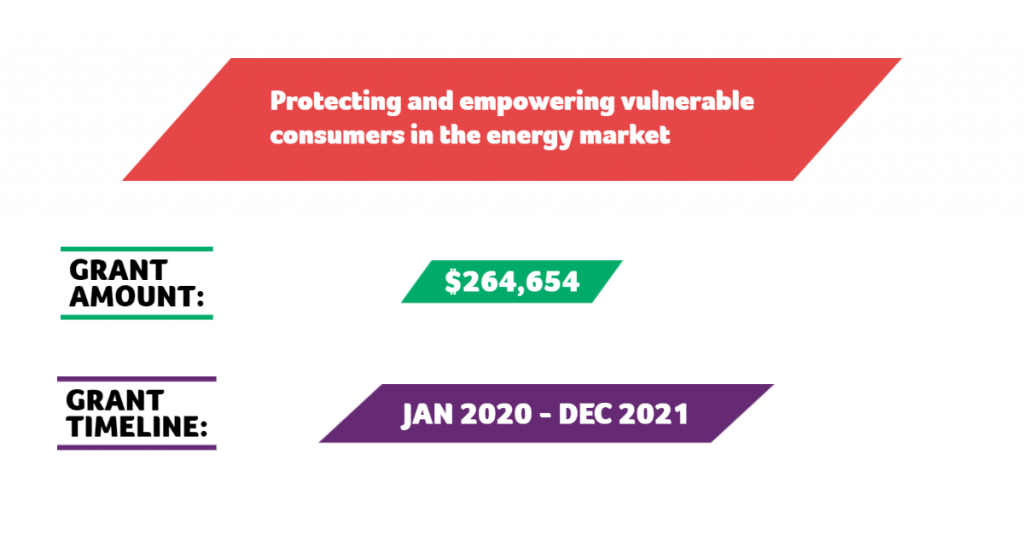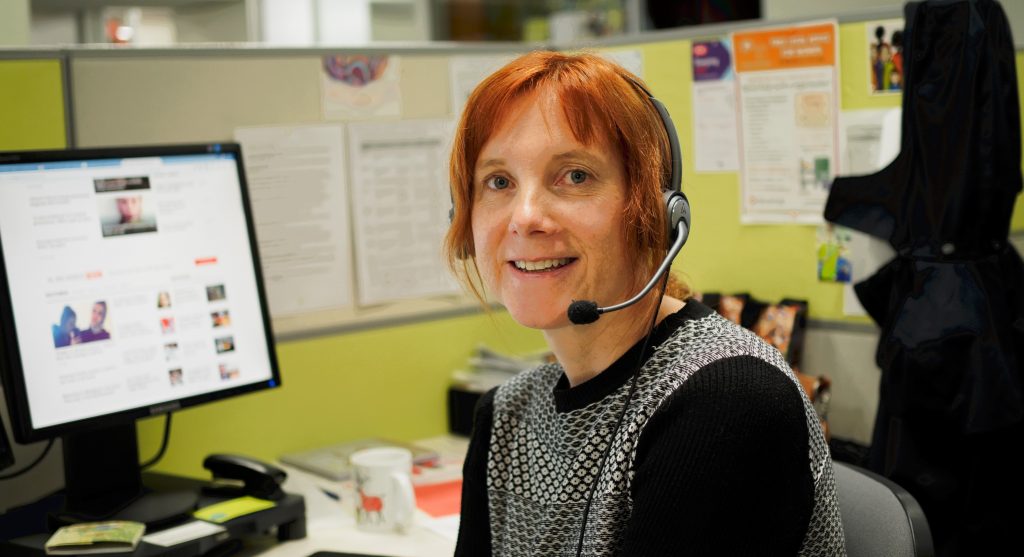
The problem
The arrival of an energy bill — an ordinary if unwelcome experience for many Australians — can be a devastating blow for vulnerable consumers who are living day-to-day without financial or housing security.
And the number of people potentially in this position is not small. According to Energy Consumers Australia’s Energy Consumer Sentiment Survey , 61% of households are concerned about being able to pay their electricity bill, a higher level of concern than for any other bill.
If concern is widespread, it is also justified. The past four years have seen a 56% increase in the average size of 90-day energy debt , from $640 in 2016-17 to $1000 in 2020-21.
Energy consumers who are most vulnerable also face additional burdens, including:
- Failure to be provided with concessions they are entitled to
- Being sold inappropriate, unaffordable or poor-quality energy products and ‘solutions’
- Disconnection when they are unable to pay
- Inconsistent energy protections and rights for those living in situations such as apartment buildings or retirement villages

The Challenge
The need to better support vulnerable consumers was heightened by the Covid-19 pandemic and remains critical as the level of energy debt continues to grow while temporary ‘pandemic’ financial protections disappear.
But recent data from the Australian Energy Regulator reveals a surprising disconnect. In 2020-21 there were 182,665 households paying off energy debt, an increase of 8,444 from the previous year. Yet the number of people classified by retailers as ‘hardship customers’ fell from 72,882 to 65,855. What is the reason for this apparent contradiction?
Retailers have an obligation to identify whether a customer is experiencing hardship and payment difficulties, and support them with a payment arrangement. However, some consumers may be reluctant to self-identify as being ‘vulnerable’, feeling embarrassed to ask for help or that the term does not describe their situation. These people are unable to access the support that they should be entitled to.
The Project
Vulnerable consumers dealing with these challenges require and deserve a champion who will advance and protect their interests. Through support from Energy Consumers Australia’s Grants Program, the Consumer Action Law Centre (CALC) has been able to fill this role.
CALC works directly with consumers through its financial counselling and legal services but also carries out advocacy for stronger protections on their behalf. This project aimed to ensure consumers experiencing payment difficulties received more tailored support and could access products and services that work for them.

Supported by Grants program funding, CALC has carried out a suite of initiatives with this outcome in mind. It has:
- Increased its capacity to share the experience of people experiencing vulnerability with regulators and the industry, to get them to shift their approach.
- Engaged with watchdogs and regulators to highlight breaches of energy rules and retailer non-compliance with the Payment Difficulty Framework (which sets out retailers’ responsibilities and customers’ rights around outstanding energy bills)
- Helped drive development of the Essential Services Commission’s (ESC) draft vulnerability strategy Getting to Fair: regulating with consumer vulnerability in mind – a national first.
- Increased public attention for issues surrounding vulnerable consumers by gaining media exposure.
The Impact
Work funded by this grant has achieved significant wins for vulnerable consumers.
Among them, CALC has:
- Filed complaints that led to Victoria’s ESC issuing a $1.125 million fine against Alinta for breaching the Payment Difficulty Framework by placing conditions on customers accessing hardship assistance. This action acts as a strong warning for other retailers in their dealings with vulnerable customers.
- Secured better COVID-19 protections for energy consumers, including through the ‘Keep Connected’ campaign, and set enforcement priorities for 2021-22;
- Highlighted consumer vulnerability as a critical issue for industry watchdogs;
- Successfully advocated for banning unsolicited door to door sales of new energy tech products, particularly solar panels, in Victoria.
We’re grateful to have had the support of Energy Consumers Australia to help us advocate strongly for vulnerable households, particularly during the pandemic – but it’s clear there is still more to do. Our financial counselling work shows that while there have been some improvements, there are still inconsistencies in how the Payment Difficulty Framework is being applied with many people not being advised of or offered the full range of entitlements by retailers, and disconnection threats still being used to intimidate people into paying arrears.
Consumer Action Law Centre has played a key role in helping bring vulnerable consumers to the fore in the industry’s pandemic response, and we’re proud to have supported this important work. However, it’s clear that we need a significant rethink across the industry to establish a new way of doing business, identifying much earlier when consumers are starting to have financial difficulties and offering flexible and creative ways to stop the accumulation of energy debt.

